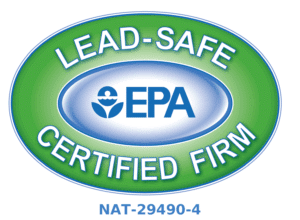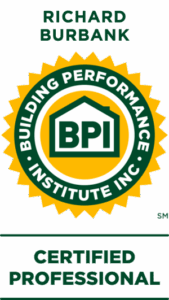You may remember our recent post about climate change in 2018, where we discussed how the climate has become increasingly warm and unpredictable — here in Maine and beyond — and how human activities have contributed to that phenomenon.
About 87% of human-produced CO2 emissions come from burning fossil fuels like oil, coal, and natural gas. That means it’s more important than ever for homeowners here in Maine and elsewhere to reduce their reliance on fossil fuels — or in other words, strive for “low carbon home comfort.”
In this blog series titled “The Future of Low Carbon Home Comfort,” we discuss some of the most effective ways you can reduce your reliance on fossil fuels as a Maine homeowner. In today’s first blog post of the series, we’re discussing energy efficiency and how you can achieve it at home with smart upgrades like air sealing, insulation, and basement encapsulation. We will then dive into heat pumps in part two, “The Future of Low Carbon Home Comfort: Heat Pumps,” and solar in part three, “The Future of Low Carbon Home Comfort: Solar + Storage.”
Reducing Fossil Fuel Reliance Starts with Conserving Energy
“How do I reduce my reliance on fossil fuels?” you ask. Well, you probably rely more on fossil fuels than you think.
If you have a propane cooking stove or a heating system that runs on oil or natural gas, for example, you rely on fossil fuels directly in order to make these appliances run. And if you do not have solar panels on your roof, some of the electricity you use is likely produced by burning fossil fuels. So, whether you are turning on the lights, warming the house, washing clothes, or watching TV at home — if you’re using energy, you are probably relying on fossil fuels in some way.
The first step, then, to reducing your reliance on fossil fuels and achieving low carbon home comfort is to conserve energy.
Conserve More Energy with These Home Upgrades
Conserving energy starts with making the right energy efficiency upgrades to your home. The following measures not only improve home efficiency but also qualify for valuable incentives from Efficiency Maine!
Air Sealing
Air sealing your home eliminates any air leaks which allow conditioned indoor air to escape and unwanted outside air to enter. It also reduces stack effect (the natural tendency of heat to rise in the home), resulting in fewer indoor drafts. Air sealing is an excellent weatherization upgrade to start with because it provides energy saving benefits year-round. In the winter, it keeps valuable heated air in; in the summer, it keeps hot outside air out. Air sealing also helps prepare your home for insulation.
Insulation
While air sealing controls air flow into and out of the home, insulation controls heat flow. Insulation is usually most needed in the attic, exterior walls, and basement. Together, air sealing and insulation stabilize indoor temperatures. The result is a more comfortable house year-round and less need to run your heating and cooling systems — thus saving energy.
Air sealing and insulation also qualify for numerous rebates through the Efficiency Maine Home Energy Savings Program!
Basement Encapsulation
Related to insulation and air sealing is basement encapsulation. Basement encapsulation is the process of air sealing the basement with spray foam and installing a heavy duty vapor to keep excess moisture out. When done right, this upgrade keeps your home dry and makes it possible to insulate your basement without creating humidity-caused indoor air quality problems.
Start Conserving Energy by Scheduling a Home Energy Consult
If you are not sure exactly which upgrades your home in Mid Coast or Southern Maine needs for greater energy efficiency, a great place to start is with a home energy consult. During the consult, an Evergreen home performance specialist will help you understand where your home could be wasting energy. You’ll find out where air leaks and insulation gaps are, if you could benefit from installing a vapor barrier in the basement, and more.
Stay tuned for part two of this series about heat pumps!



